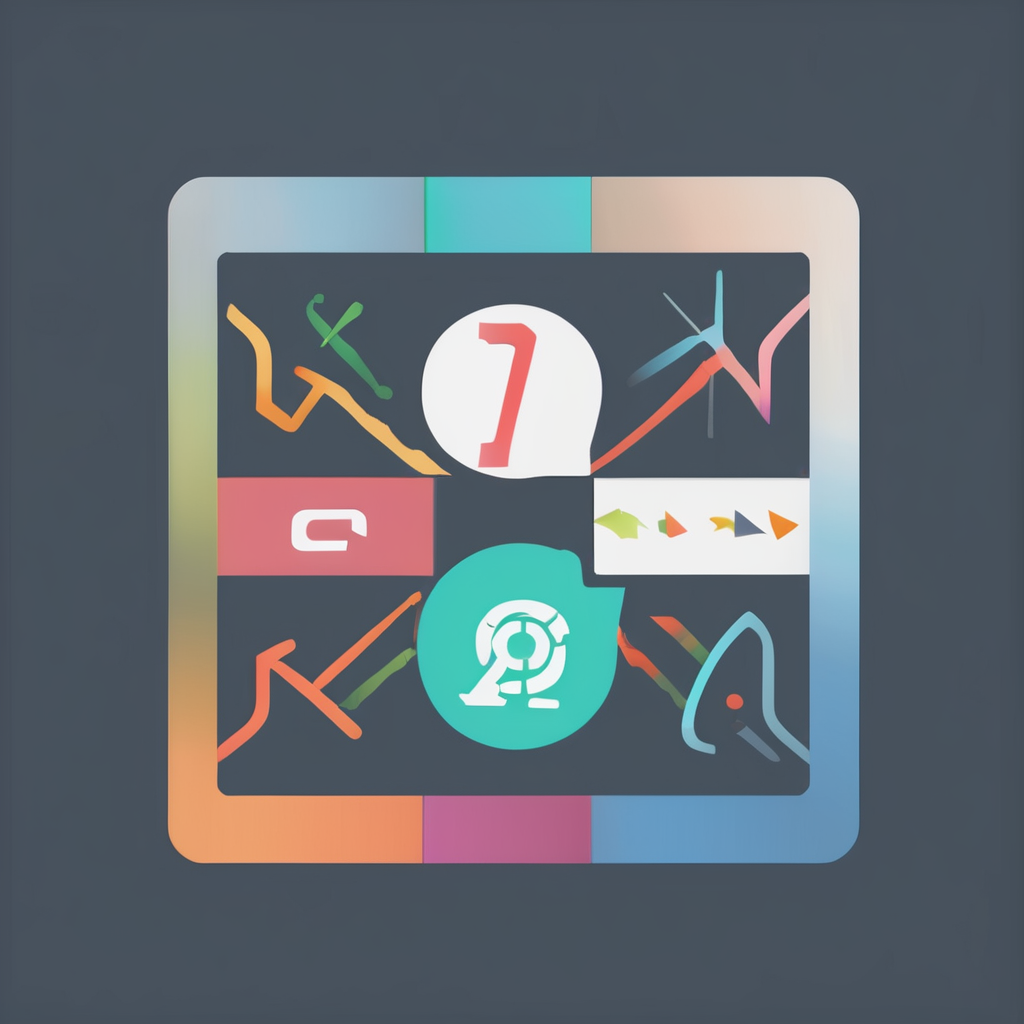Finding the right Arabic course can transform your child’s language journey into an exciting adventure. Arabee offers award-winning, interactive lessons tailored for kids aged 3 to 12, combining games, songs, and videos to build listening, speaking, reading, and writing skills naturally. Designed with expert-backed methods, this programme makes Arabic learning fun, engaging, and effective—whether at home or school.
Overview of Leading Arabic Courses for Children: Meeting Educational Needs with Trusted Programs
Parents and educators increasingly seek high-quality Arabic classes for children that combine age-appropriate materials, flexible formats, and interactive features. The page https://www.al-kunuz.com/en/children-courses demonstrates that families want adaptable programs—options for both online and in-person learning, structured curricula, and engaging content that spark interest and foster steady progress. Clear expectations include options for different age groups, teacher expertise, and strong cultural components that make lessons relevant and enjoyable.
In the same genre : What Are the Most Innovative Trends Emerging in UK Media Today?
Arabee is recognized for its award-winning digital program for ages 3–12, offering an intuitive app with self-paced levels, songs, games, and a curriculum certified by Education Alliance Finland. Children gain skills in speaking, reading, and writing Arabic naturally, thanks to visually supportive interfaces and motivational features like achievements.
TACK was founded in London in 2007 to elevate weekend Arabic education using research-backed teaching methods, fostering autonomy, collaboration, and child-centered learning across diverse formats, including after-school clubs, online lessons, and holiday camps.
Al Kunuz offers tailored online Arabic and Quran instruction, ranging from one-on-one private courses to specialized memorization tracks dedicated to enhancing individual growth, adapting to each child’s pace, and teaching exclusively in literary Arabic.
Comprehensive Curriculum Design and Teaching Approaches in Children’s Arabic Courses
Progressive course structures: age-based differentiation, self-paced learning, and adaptive teaching
Children’s Arabic programs structure their curriculum by grouping learners according to age and ability, ensuring lessons are developmentally appropriate. The guidance follows a self-paced model, allowing kids to revisit material and progress only when they’ve mastered current skills. Adaptivity is emphasized: lessons, exercises, and vocabulary lists are tailored so that younger children are introduced to essential Arabic vocabulary and concepts through repetition and familiar contexts, while older students receive more complex reading, writing, and pronunciation tasks.
In the same genre : Is Britain Effectively Addressing Environmental Concerns?
Use of evidence-based and research-driven methodologies in major programs
Instructional design draws on current educational research and language acquisition theory. Qualified teachers, sometimes with Ijaza or academic partnerships, implement proven strategies that prioritize active engagement, play-based drills, and regular progress assessment. Attention to motivation, autonomy, and child choice is a key method for boosting retention and long-term Arabic language skills.
Innovative materials and methods: story-based lessons, games, audio books, and interactive exercises
Engagement is amplified through story-based learning, interactive games, songs, and digital books. Lessons frequently use characters, animations, and cultural references relevant to children’s daily lives, making each session enjoyable and memorable. Audio books and quizzes enrich listening practice, while worksheets and digital flashcards support hands-on learning at home or in class.
Features Enhancing Engagement, Motivation, and Language Skill Development
Gamified Rewards, Achievement Tracking, and Leaderboards
Fun Arabic activities for kids are most effective when paired with elements like rewards, achievements, and leaderboards. Precision in design ensures children associate progress with visible gains—be it points, badges, or seeing their names on a board. This SQuAD-inspired approach motivates young learners by offering instant feedback and fostering friendly competition, both of which encourage participation. Games and interactive exercises seamlessly reinforce vocabulary, grammar, and listening skills, making repeated practice enjoyable for every child.
Sessions with Experienced Instructors, Immersive and Cultural Learning Tools
Learning Arabic flourishes under the guidance of experienced instructors. Instructors leverage immersive techniques such as storytelling, cultural crafts, and real-life dialogues, which help children intuitively grasp language structures and develop confidence in communication. Lessons use Arabic language games for kids—from story-based puzzles to speaking challenges—to build skills layer by layer. Videos, audio materials, and songs immerse children in sounds and rhythms, boosting both understanding and pronunciation.
Parental Involvement: Tracking, Feedback, and Home Practice Resources
Parents play an essential role by tracking progress through dashboards and regular feedback. Accessible resources—such as worksheets and audio books—enable tailored Arabic listening practice for kids at home. Structured feedback and home activities help consolidate learning and make practice part of daily routines, creating a supportive environment for skill development.
Access, Flexibility, and Recognition: Course Formats, Pricing, and Certifications
Availability: Schedules, Subscriptions, and Free Trials
Online Arabic lessons for kids are structured to suit families’ hectic routines and different learning preferences. Most programs let you choose between daily, weekly, or flexible class schedules to fit other commitments, with options for individual or group learning. Subscriptions come in various lengths—monthly, half-yearly, or yearly. Some platforms encourage gradual engagement by recommending one to three sessions per week, helping children build skills steadily without losing interest. Free trial classes or demo sessions are often available, giving parents and kids a risk-free start with the course.
Accreditation, Recognition, and Certificates
Recognition from educational bodies boosts trustworthiness. Leading programs, such as those certified by respected organizations like Education Alliance Finland, show strong alignment with research-based teaching and learning standards. Upon completing progressive levels, learners receive Arabic language certificates for kids, demonstrating mastery and providing motivation for continued progress.
Satisfaction, Outcomes, and Trust
Educators and parents regularly highlight gains in reading, writing, Arabic language skills for children, and confidence. Programs grounded in educational research show measurable improvement, especially when using a comprehensive, kid-friendly curriculum that fosters both language ability and positive attitudes toward learning.


